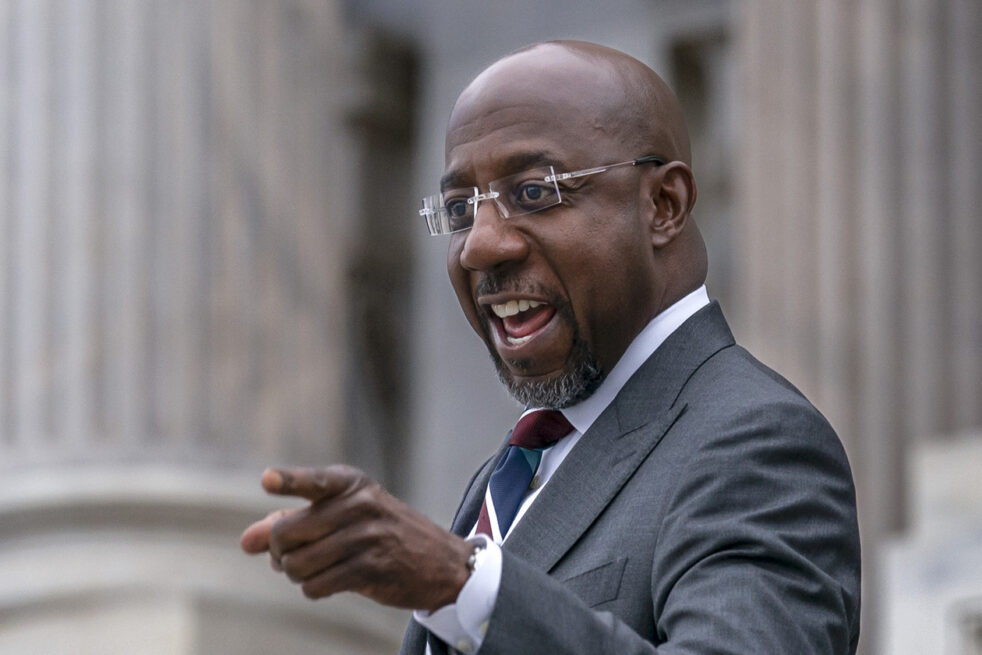Many students request financial aid each year, receiving monetary resources from institutional, state or national programs.
Paying for college can be a major burden, but recent movements on all levels have sought to remove barriers for students struggling to afford their education.
On Feb. 9, the Biden Administration announced they would begin rolling out debt relief early as part of their Saving on a Valuable Education plan instead of
their initial July rollout.
While this aid does not affect current students, it offers around $1.2 billion of relief to borrowers of $12,000 or less who have paid consistently for at least 10 years.
In total, this new debt cancellation affects about 153,000 borrowers and raises the amount of forgiven student debt to $138 billion since President
Joe Biden took office.
Through a combination of initiatives, around 3.9 million people have been impacted by the federal relief measures, many aimed at lower-income borrowers or those who have consistently paid back their loans over many years.
Biden has highlighted student loan forgiveness as an area for action throughout his campaign and tenure, although this may have created lofty expectations for his relief plans. Many other political figures have also supported these measures at the national and state levels.
Sen. Reverend Raphael Warnock, D-GA, issued a press release following the February announcement, applauding the steps to reduce economic burdens on those who pursued higher education.
“As a Pell Grant recipient and the first in my family to go to college, I know the doors that higher education can open — but only if you can afford it,” Warnock said in the release. “This announcement, following my years of advocacy, will support our economy and help put money back in the pockets of thousands of Georgians and Americans. I’m going to continue pushing the Administration to look for ways to eliminate the crushing burden of student loan debt while also working to lower the cost of higher education.”
In addition to the national changes, residents of Georgia have benefited in the past year as state scholarship programs have improved. Many Tech students know of the HOPE and Zell Miller Scholarships, which cover almost all or all of a Georgian student’s tuition at select universities in the state, respectively.
The Zell Miller Scholarship requires students to maintain a higher GPA to keep their award, which completely covers tuition.
HOPE Scholarship recipients could keep a lower GPA but only some of their tuition would be paid; however, in March 2023, the Georgia House and Senate agreed to allocate money to the program, so HOPE scholars will have their full tuition covered as well.
These changes provide Georgian students with even more help to attend college, and the Institute has also worked to improve financial aid resources for its students.
Recently, Tech has been searching for a new executive director for the Office of Scholarships and Financial Aid (OFSA) and has been hosting finalist interviews.
OFSA requires their finalists to present their “vision for advancing the Institute’s strategic goals as they relate to financial aid and scholarships,” as written in a press release.
The first interview occurred on Feb. 22, and they will end on March 1. The second candidate was Beth Armstrong, Director for University Scholarships and Financial Aid at Virginia Tech, and her presentation outlined how OFSA can affect students’ experiences at the Institute.
“We really have an opportunity to use federal work-study better on college campuses,” Armstrong said about one way to allow students receiving financial aid to grow through their awards.
Federal work-study provides financial assistance by having students work and earn money for college, and Armstrong wanted to leverage “partnering with employers and really helping prepare students for that first destination” after college.
She expanded on this concept and how managers of these positions can be trained to mentor their students and better prepare them for the workplace in their future careers. Additionally, Armstrong focused on how improving financial aid depends on improvements in enrollment access to the Institute.
“If we’re not giving [a student] the financial support and the other support that they need, whether academic, whether it’s even how to manage your finances, then to me, that’s money wasted,” she said. Drawing on the current data that OFSA has could provide insights to admissions and allow for better allocation and outreach to students across the state and country.
Armstrong is one of four candidates for the executive director position, and the new leader will have to lead OFSA in both providing financial support to existing students while also making the Institute a welcoming place to all economic backgrounds.
Across Tech, Georgia and the country, financial aid is becoming a more pressing matter for current and prospective students, but the work being done now will determine the relationship between higher education and economic security for years to come.
For additional details on the Comprehensive Campus Plan, refer to campusplan.gatech.edu.
